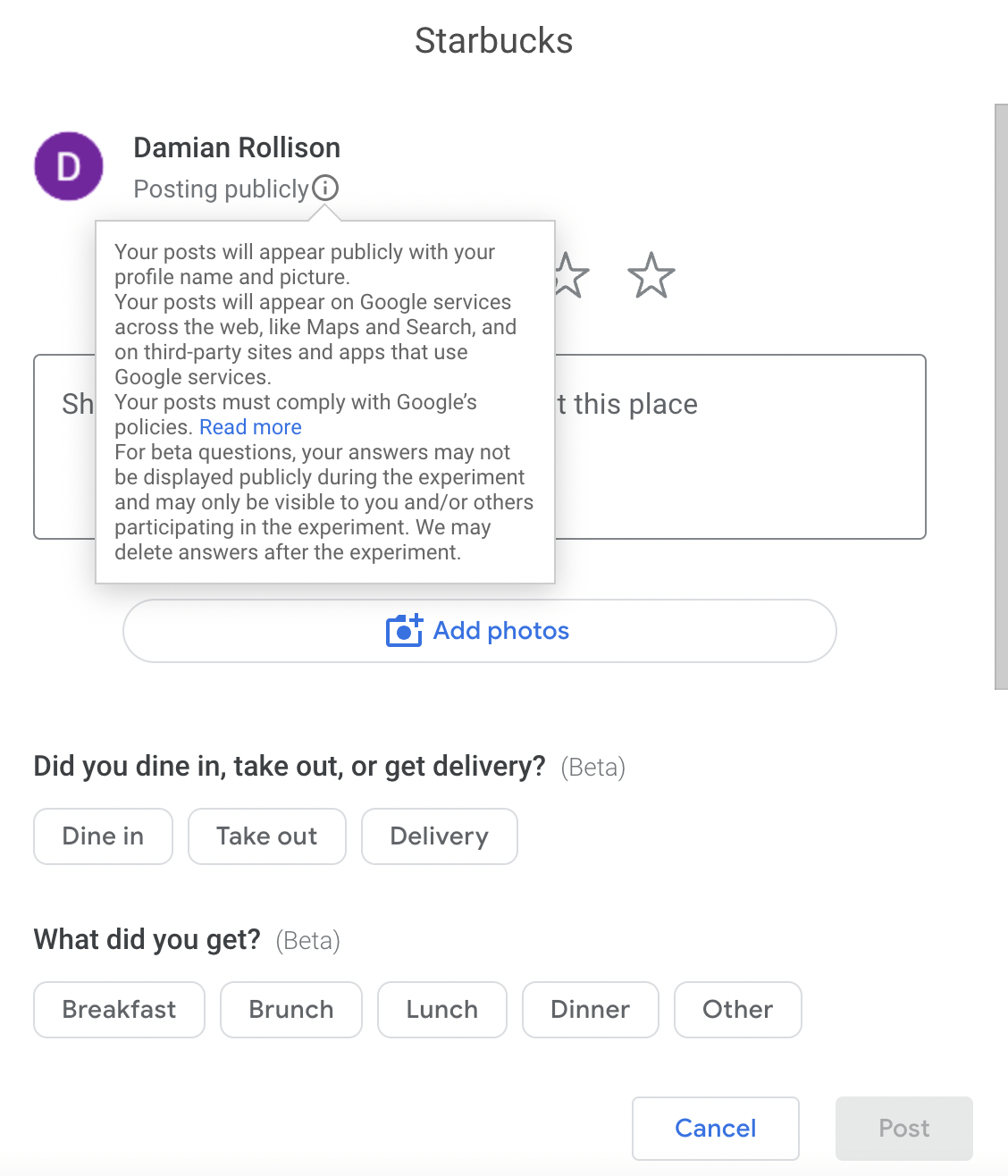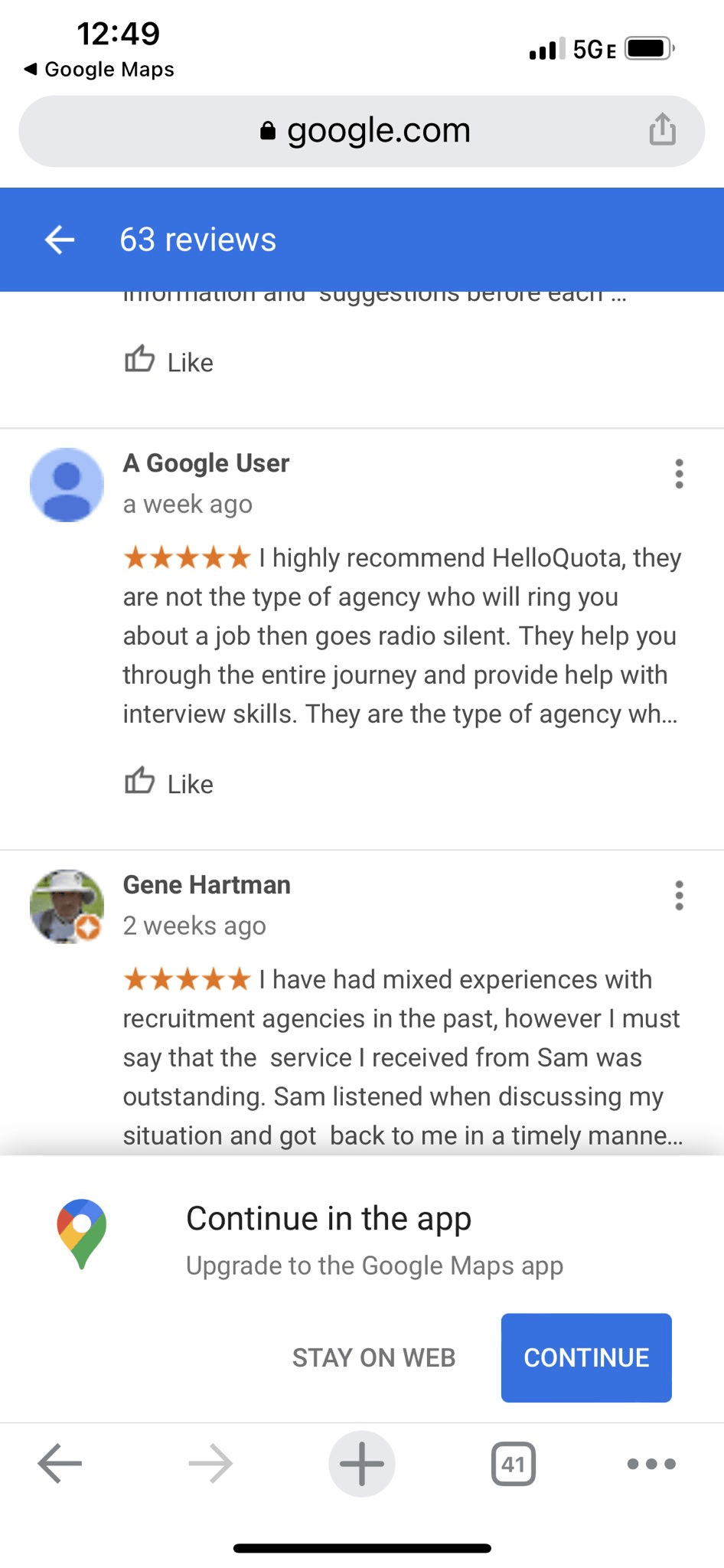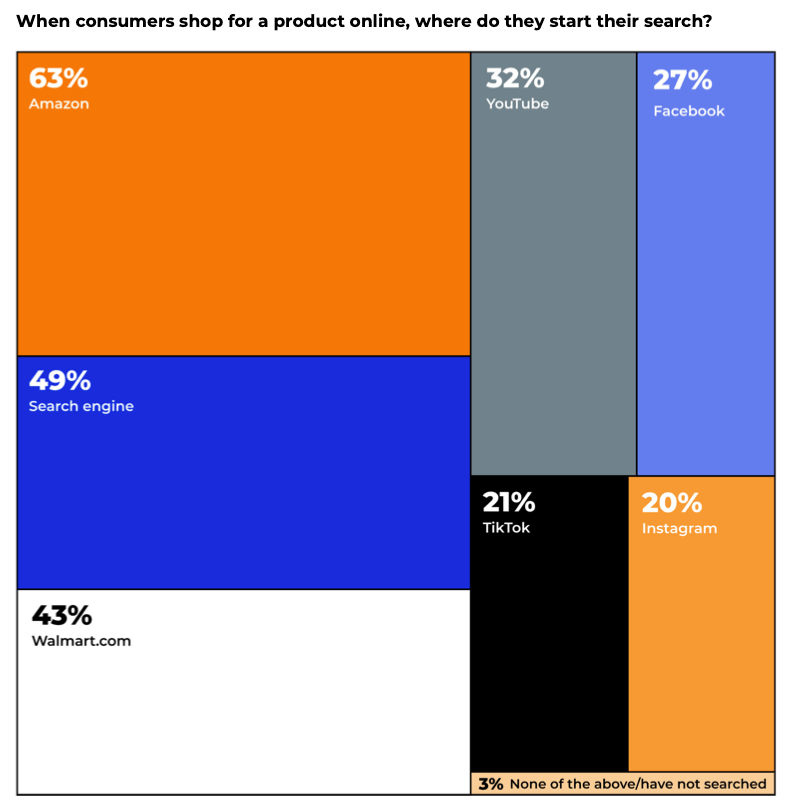What Are AI Agents? And Why Are They Critical to Local Marketing Success?
Local Memo: Bug Causes Service Area Businesses to Disappear from Search and Maps
Local Memo: Bug Causes Service Area Businesses to Disappear from Search and Maps
In this week’s update, learn about a bug causing service area businesses to disappear from search; Google’s September Core Update; new rules from Google on review incentives; Google testing “beta questions” in reviews; anonymous Google reviewers; and coverage of TikTok as a search engine in the New York Times.
Bug Causes Service Area Businesses to Disappear from Search and Maps
What was first suspected to be a local algorithm update on Google’s part appears in fact to be a bug that began impacting service-area businesses (SABs) sometime around September 7. The affected businesses seem to have completely dropped out of the local rankings in both Search and Maps. Lots of examples were shared in the Local Search Forum with various theories about whether the issue was related to recent search algorithm updates, a local update, or a bug. Eventually SEOs like Amy Toman and Tim Capper began speculating that this was in fact a return of the infamous “Kansas bug,” an issue whereby Google loses the address information of SABs with hidden addresses, causing the business to appear as though it is located in Kansas, the geographical center of the U.S. Affected businesses in the U.K. are relocated to Moffat in Scotland.
It’s unknown why so many SABs were affected by this bug at the same time, but the problem appears to be widespread. Ben Fisher tweeted on September 16 that Google had reported they were aware of the problem and “a fix is in the works, no definitive timeline but coming soon.”
Google September Core Update
Google officially announced the September Core Update on September 12, hot on the heels of the very recently rolled out Helpful Content Update (HCU). As you’ll recall, Core Updates happen every few months and tend to include numerous minor changes rather than being focused on a particular theme. Often, there are winners and losers in the search rankings without much in the way of a discernable pattern. The September update was projected to roll out over the course of two weeks, meaning the rollout should be complete by around September 25.
Questioned about the timing, Google’s Danny Sullivan said it was not a coincidence that the September update followed so quickly after HCU, though he also stated that there was no connection between the two updates. What this appears to mean is that Google already had a scheduled Core Update on the calendar, but chose to delay it in order to make room for the HCU, which was determined to be too important to hold back. Sullivan said that in general, Google tries to keep updates spaced out as much as possible, so that their impact on sites can be more easily diagnosed.
Google: Don’t Reward Users for Removing Negative Reviews
Google has updated its Maps contributor guidelines to provide clarification on fake reviews and to specify that businesses can’t offer incentives for the removal of negative reviews. The page states, “Contributions to Google Maps should reflect a genuine experience at a place or business. Fake engagement is not allowed and will be removed.” Included as examples of fake engagement are the following:
- Paying, incentivising or encouraging the posting of content that does not represent a genuine experience.
- Content that is not based on a real experience and does not accurately represent the location or product in question.
- Content that has been incentivized by a business in exchange for discounts, free goods and/or services.
- Content that has been posted by a competitor to undermine a business or product’s reputation.
- Content that has been posted from multiple accounts to manipulate a place’s rating.
The new language appears beneath the section on incentives provided by the business and reads: “This includes merchant requests for revision or removal of a negative review through offered discounts, free goods or services, or other incentives.”
Google Tests “Beta Questions” for Reviews
Topic prompts in Google reviews seem to be appearing more frequently for more business categories, and to be increasing in nuance and sophistication. I’m not sure how new this is, but I’ve recently noticed a new feature Google refers to as “beta questions,” which turns review writing into a kind of Choose Your Own Adventure activity. For the Starbucks location in the screenshot below, Google asks whether I ordered for dine-in, takeout, or delivery, what meal I had, and how much I spent. Further down the page, I’m asked if I can “say more about” a range of topics such as vegetarian options, kid-friendliness, and parking. If I select any of these options, another text box appears prompting me to write more about that aspect of my experience. As you can see from the popup text in the screenshot, this is clearly called out as an experiment on Google’s part.

Anonymous Users in Google Reviews
Mike Blumenthal noted on Twitter the other day that a small number of Google reviews are appearing with no name but only “A Google User” in the place where the reviewer’s name usually appears. This is an unwelcome echo of an old issue whereby users who did not opt to create new accounts after the demise of the Google+ social platform had their reviews turned anonymous, but Google got rid of these older “A Google User” reviews a long time ago. The Twitter thread linked above has some speculation on how newer reviews could end up being tagged with “A Google User” as the author, but no clear answer. Google requires that you be logged in to your Google account in order to leave a review.

Courtesy Mike Blumenthal
NYT Covers TikTok as a Search Engine
The New York Times has published an investigative article on the use of TikTok as a search engine, following on the active discussion of this topic in the tech press that was spurred by Google’s revelation that its own research shows 40% of Gen Z prefers TikTok or Instagram over Google Search and Maps when looking for a place to eat.
The Times article offers personal accounts from several TikTok users about their preference for TikTok over Google for local search and many other information needs. Many users felt that TikTok results were less biased than Google. One user noted that it was quicker and easier to use TikTok to find out how to ask a teacher for a letter of recommendation. Another frequently looks up recipes, movie recommendations, and local happy hours to try. The Times summarized the feelings of a third user who searches for restaurants on TikTok by saying, “A long-winded written review of a restaurant can’t capture its ambience, food and drinks like a bite-size clip can.”
Lee Rainie of the Pew Research Center is quoted as saying that TikTok “is becoming a one-stop shop for content in a way that it wasn’t in its earlier days.” Indeed, some 21% of consumers say they begin product searches on TikTok, up from 11% just one quarter ago — the largest increase of any platform.

Courtesy Near Media / Jungle Scout




